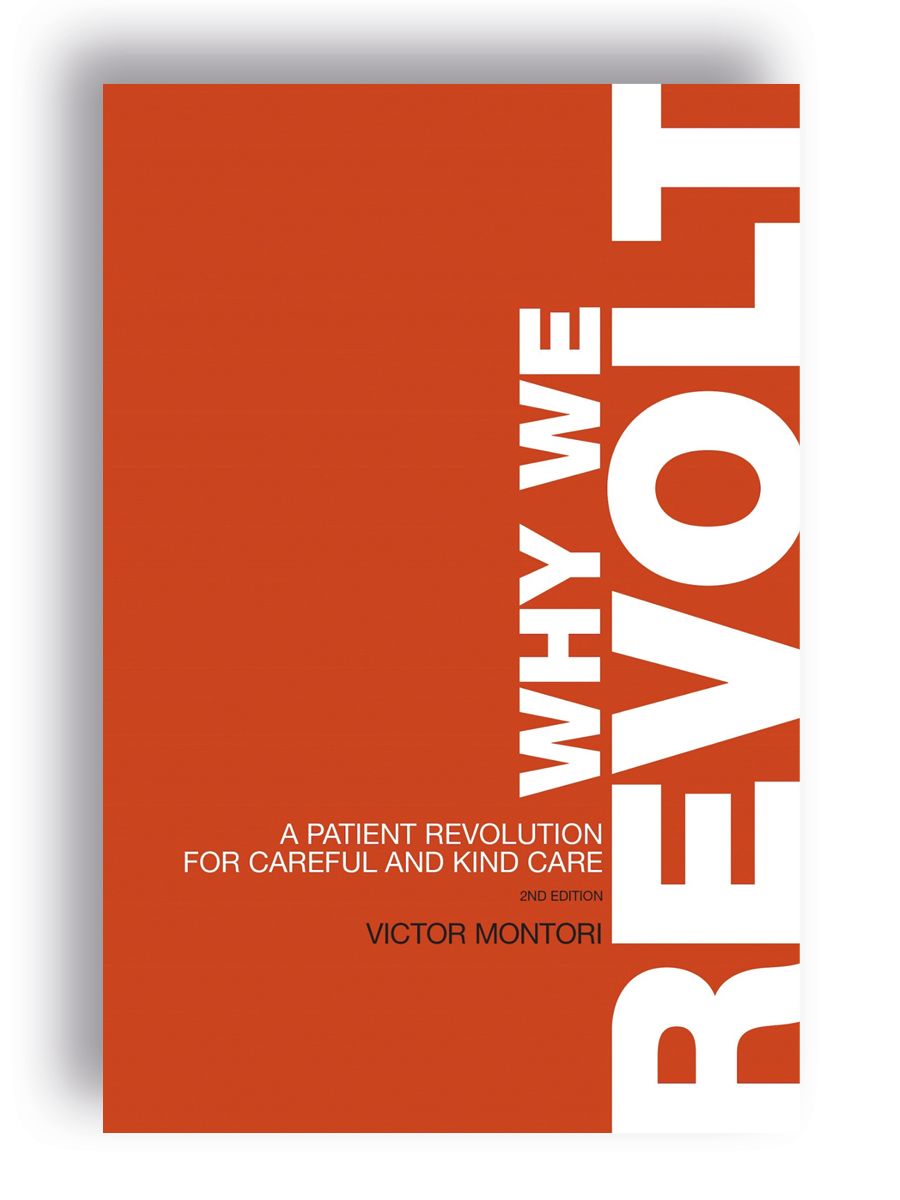Sweeten the Pill


Sesi Hotonu: Paediatric Surgery Registrar, NHS Education Scotland
Sesi Hotonu: Paediatric Surgery Registrar, NHS Education Scotland
Every year more than two billion prescription items are dispensed in the UK, equating to more than 20 items per member of the population. With the average age of the population steadily rising, coupled with declining health in old age, it is unsurprising that a significant number of these prescription items are used by the elderly population. Polypharmacy in the over-60 age group is common.
Increasing pressure on today’s NHS has meant that as clinicians we are expected to deliver care more efficiently. Good patient outcomes remain extremely important to our practice. We are trained to respond to disease with appropriate intervention, be it medication, procedures or operations.
However, in our quest to deliver effective care we must not forget that on the other side of the consultation is the patient, who must deal with the daily realities of our suggested interventions. An understanding of the social situation of each patient during the consultation improves the shared decision-making process, and improves patient compliance and outcomes.
Patient safety is at the heart of everything we do and an important part of our practice is medication safety. Polypharmacy can be difficult for patients or their carers to manage, so we must remain mindful of the practicalities of taking multiple medications when initiating or continuing treatment. To highlight this situation, patient Edith and carer Jane share their experiences of managing medications at home.
Edith’s story
Edith is a 71-year-old retired advertising agent for a local Scottish newspaper. Outside work, she was active and sporty, teaching swimming locally. She is married, has no children, but has an adoring extended family.
Despite being very healthy most of her life, her GP repeatedly noted she had mild renal impairment. Salmonella food poisoning contracted while on holiday led to a hospital admission and a deterioration in her renal function. She was placed on the renal transplant list with dialysis recommended while she awaited transplant. She was fortunate to receive a kidney transplant two months after being placed on the list, managing to avoid dialysis in the process.
Since her operation 10 years ago, Edith’s health has remained stable through a daily medication regimen. Apart from immunosuppressant medications for her transplant, she takes tablets for angina, hypertension and arthritis – a total of 11 medications taken once daily.
Keeping in touch
For Edith, getting the support she needs to manage her condition is relatively easy, as her renal consultant is vigilant in optimising Edith’s health, initiating changes that fit smoothly with her lifestyle. Edith feels particularly fortunate to have easy access to her consultant – any issues can be communicated by email and are quickly resolved. This has been the experience of the other patients in the local renal support group that Edith attends.
Managing the day to day
Edith finds medication management fairly easy. She uses a pill box, which she assembles herself every week. She receives a monthly supply from her chemist, which she can order through an app on her phone.
Getting it right, every time
Edith’s advice for clinicians is to be good communicators: compliance with medication and other health interventions is best achieved through exploring
an individual patient’s social situation and tailoring care around their unique personal and medical circumstances.
She would also encourage patients and their carers to be bold in asking questions about their medications, and to work with clinicians to devise management options that best suit their lifestyle.
Jane and Nancy’s story
Jane is 62 and is a retired teacher. She and her two siblings care for their mother, Nancy, who is 91 and also a former teacher. Nancy has advanced dementia, and lives alone with the support of her children and carers who visit three times a day.
Jane recalls her mother as being a fiercely independent, intelligent and capable woman. Nancy’s cognitive decline began in her early 80s when she sometimes repeated herself and became forgetful.
A significant decline occurred when Jane’s father became very ill. While he was in hospital it became clear that Nancy was struggling to manage at home and needed her children to remind her why her husband was in hospital. When Jane’s father died Nancy’s grief and the change to her routine made her memory so poor she was unable to cope independently. This included managing multiple medications
for arthritis, hypothyroidism, hypertension, peripheral oedema secondary to heart failure and leg ulcers. She takes eight medications daily and has occasional steroid injections for her painful joints.
Support for Nancy
Because of her significant cognitive impairment, Nancy’s children have power of attorney for her health and finances, and so are able to discuss her care with health professionals. On occasion they have found it difficult to contact Nancy’s GP and other health professionals to discuss concerns, but feel fortunate to have medical professionals in the family who have been able to give advice on engaging with the health service.
Managing medication
Nancy’s medications are supplied monthly from her local pharmacy. One of Nancy’s children usually orders her prescriptions, which are delivered to Nancy’s house every month. Each week, the family dispense the medications into a large, easy-to-open box marked clearly with the days of the week. Fortunately, all her medications are taken once a day in the morning. Jane phones her mother every morning to remind her to take her tablets. Nancy’s children have found that this system works best for her multiple medications because her carers are only allowed to administer medications from a sealed pharmacy box. This system also enables them to track the supply of their mother’s medications and order new ones as needed, a service the care company does not provide.
Jane says the key to their medication management success is being organised and anticipating needs. However, this can become difficult if short-term medication changes occur, such as when Nancy required a week’s course of antibiotics, which she needed to take four times a day. They had to increase the frequency of calls and visits, and place multiple reminders around the house. Jane believes that they would not be able to manage their mother’s care if they were still in full-time employment.
Lessons learned
Like Edith, Jane believes that good communication is key, especially with patients with advanced dementia. Important information should be given in a timely manner to the family and carers, and the patient treated with sensitivity and compassion. People with cognitive decline are extremely vulnerable, and coordinating their care must be done with an appreciation of the practicalities of their daily life and the impact on their carers. Jane advises regular medication reviews so that medications can be stopped, or their timings, doses or routes amended to make administration
as simple and safe as possible.

In his 2017 book Why We Revolt, American endocrinologist and patient-safety advocate Dr Victor Montori calls for a radical revolution in healthcare, where the outcome-driven approach is traded for one of compassion, solidarity, care and kindness. It is important that we adopt this mindset if we wish to truly achieve clinical excellence in our practice. The patient, and the circumstances in which they live, must truly be considered first in every clinical decision.
